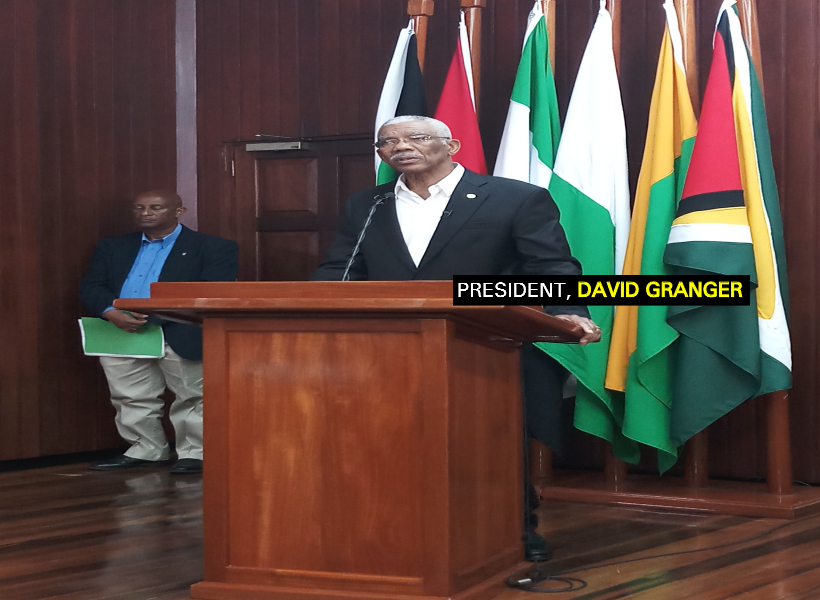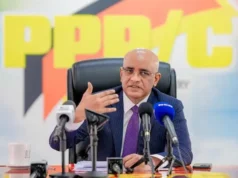Prior to assuming office, the Granger-led administration made several promises about attracting Foreign Direct Investment (FDI). In fact, this was one of its manifesto promises. But upon the attainment of power, its greatest mistake was not implementing the sufficient legislation that exists to ensure this is executed.
This was outlined in a Guyana: Risk Assessment Report that was shared with this news agency today. The report was prepared by global research group, “Know your country.” Established in 2006, the company has been ISO certified to provide data and information on business development, money laundering and sanctions on a country by country basis.
Expounding on the issue of attracting FDI, the business group highlighted that the objectives of the Investment Act of 2004 are to stimulate socio-economic development by attracting and facilitating foreign investment. It said that other relevant laws include the Income Tax Act, the Customs Act, the Procurement Act of 2003, the Companies Act of 1991, the Securities Act of 1998, and the Small Business Act. It stressed however that for three years, regulatory actions did not take place for much of this legislation to be effectively implemented.
The company noted that while there has been no executive interference in the court system that has adversely affected foreign investors, the judicial system remains slow and ineffective in enforcing legal contracts. It subsequently advised that foreign investors should acquire proper legal counsel in-country, “as suspected corrupt practices and long delays can generate difficulties in the settling of investment or contractual disputes.”
But this research group is not the first to highlight the effect the slow court system has on Guyana’s business climate. In fact, the 2018 World Bank’s Doing Business Report states that it takes 581 days to enforce a contract in Guyana. In order to redress this obstacle to investment, the Government of Guyana, with support from the Inter-American Development Bank (IADB), had reminded that it the State established a Commercial Court. But since then, several calls by international donors—The World Bank and the International Monetary Fund—for the court to be expanded and strengthened in capacity, have gone unanswered by the APNU+AFC Administration.













